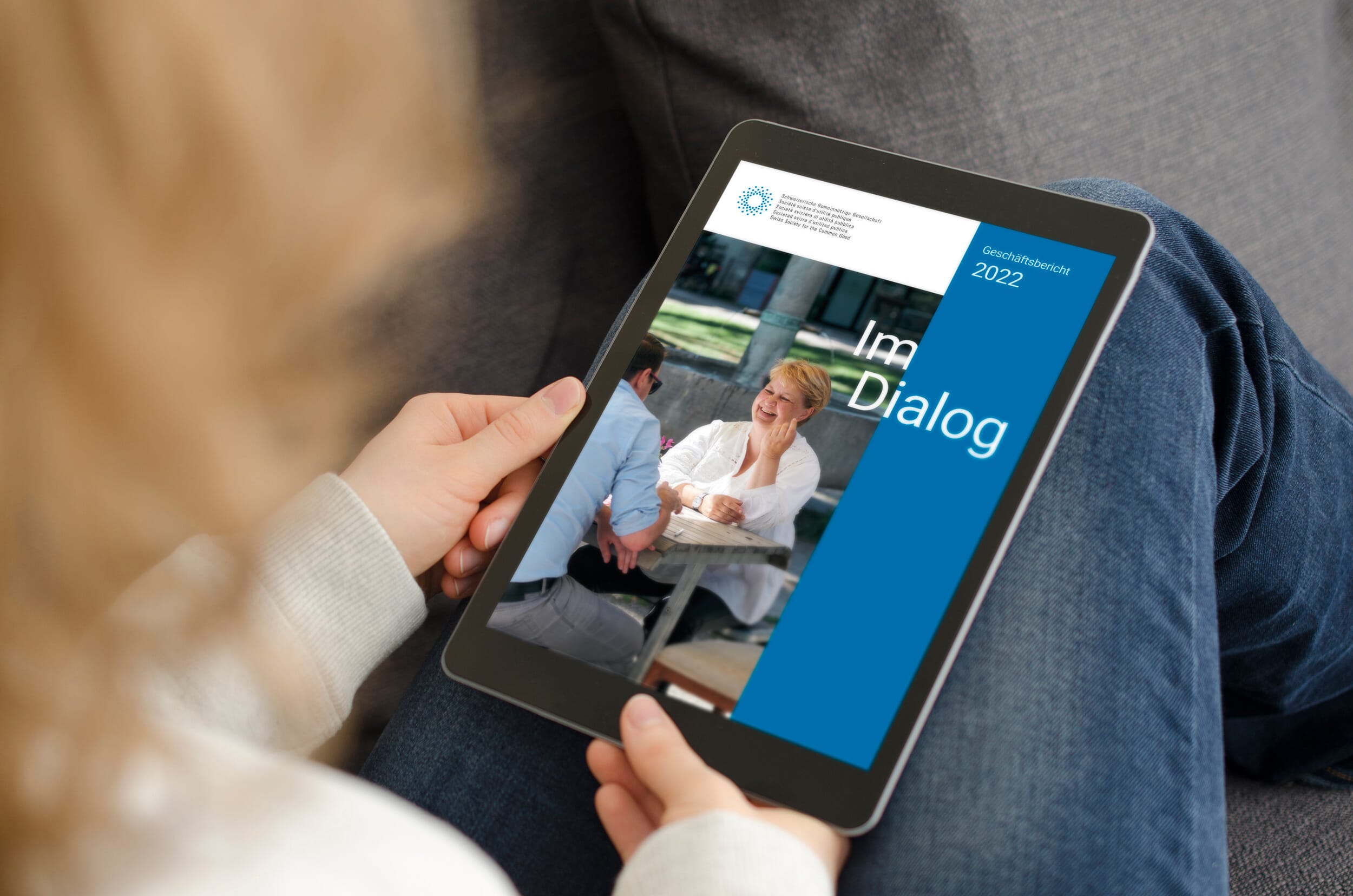7. September 2020
6th SSCG Conference on Volunteer Work: Desire for contacts and skills
Stefan Güntert, lecturer at the University of Applied Sciences Northwestern Switzerland (FHNW), showed how recruitment and leadership, support and appreciation of unpaid volunteers differ from the leadership of paid employees. Because volunteers have a great need for autonomy, community and expansion of skills, sensitive handling of diversity, participation, values, conflicts and incentives as well as demonstrating the impact of volunteer work is particularly important in volunteer management.
SSCG director Lukas Niederberger introduced the topic of volunteer management with the results of a Monkey Survey of 328 experts in the field of volunteer work. Figures in brackets are the figures for volunteer organizations in the French speaking part of Switzerland:
72% (87%) have professional volunteer coordination;
64% (77%) have a concept for volunteer work;
73% (81%) integrate volunteer work into their organizational strategy;
60% (74%) make an assignment agreement with volunteers.
SGG’s SurveyMonkey survey revealed three additional findings regarding volunteer management:
The most important are successful matching of volunteers and beneficiaries, the placement of meaningful tasks, and the recognition and appreciation of volunteer work;
Annual lunches, training opportunities and expense reimbursement are the most important factors in valuing volunteers;
New volunteers are mainly recruited by other volunteers and by employees of the organizations as well as by relatives and friends of the volunteers, least of all by TV, radio and press, by employers of the volunteers and by state actors (communities and schools).
In five workshops, experts reported on volunteer management in different areas: in the sports and cultural sector, in the health and old age sector, in the socio-political sector and in the youth sector. The workshops also provided an opportunity to discuss the integration of volunteer work into the organizations’ strategy. In the organizations of all areas, volunteers want to be addressed personally, bring in their interests and competences, be flexible in terms of time, expand their competences, be taken seriously and be valued.
The fact that the conference had to be postponed from June to September due to Corona had the advantage that the last part of the conference was dedicated to the topic “Volunteer Work in the Corona Crisis”. Stefan Güntert presented first figures of an ongoing survey of 135 volunteer organizations conducted by FHNW:
85% of the activities had to be interrupted because of the COVID rules;
62% of the volunteers belonged to a risk group and had to stop their activities;
21% of the organizations experienced a decrease in demand for their services
48% of the organizations have taken on new tasks during the Corona period.
Konstantin Kehl then presented the first results of a ZHAW survey of 200 organizations in German-speaking Switzerland: The public attention and the hearing of the NGOs have grown in politics and business during the Corona period. In addition, most civil society organizations have experienced a digitalization push through Corona, similar to that experienced by businesses and schools.
The conference concluded with a panel discussion on the online placement of volunteers during the Corona lockdown: Baptiste Udriot from “suisseresponsable.ch”, Vivien Jobé from “hilf-jetzt.ch” and Maximiliane Basile from “Five up” agreed that in future, the federal government and the cantons should prepare for crises not only with enough respirators, protective masks and disinfectants, but also with digital tools that can be used to reach the population quickly and efficiently and coordinate aid efforts.



